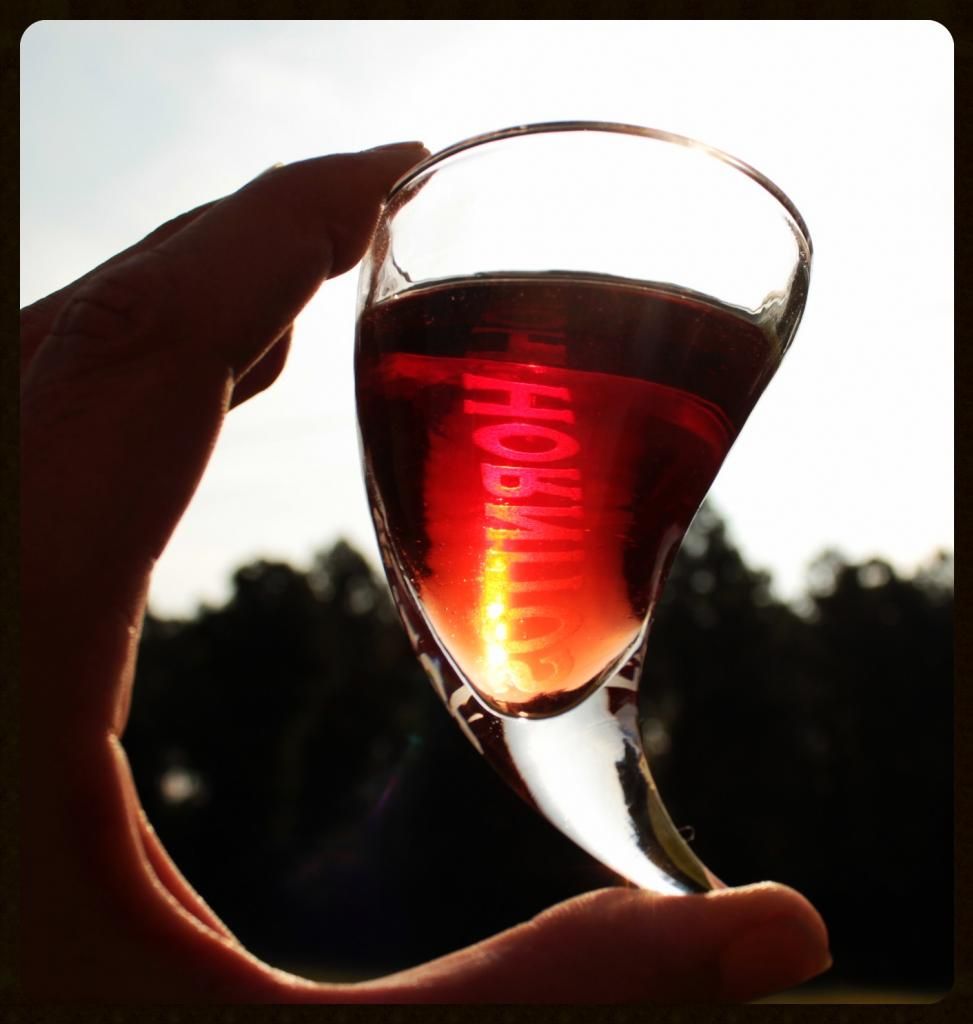To: All
The English word mead derives from the Old English meodu,[1] from Proto-Germanic meduz, from Proto-Indo-European *médʰu (honey, fermented honey drink). Slavic med / miod , which means both "honey" and "mead", (Czech, Slovak, Serbian, Bosnian, Bulgarian, Croatian: med vs. medovina, Polish 'miód' pronounce [mju:t] - honey, mead) and Baltic medus "honey"/midus "mead", also derive from the same Proto-Indo-European root (cf. Welsh medd, Old Irish mid, Sanskrit madhu, Sogdian[disambiguation needed] [an Old Iranian language]: muð, Avestan [another Old Iranian language]: maðu, Classical Persian:[disambiguation needed] مُل mul, Classical and New Persian: مِی mey).[22]
To: James C. Bennett; 1rudeboy
3 posted on
11/28/2013 7:54:27 AM PST by
Toddsterpatriot
(Science is hard. Harder if you're stupid.)
To: James C. Bennett
I saw another story on Mead a few months ago so the drink must be making a “comeback.”
4 posted on
11/28/2013 7:56:29 AM PST by
BeadCounter
(Scott Walker: "Unintimidated")
To: James C. Bennett
Technically it’s a metheglin, not a true mead. Mead is made with honey, water, and yeast. Metheglin has herbs, Pyments contain fruit juices.
8 posted on
11/28/2013 8:39:54 AM PST by
Lurker
(Violence is rarely the answer. But when it is it is the only answer.)
To: James C. Bennett
I had some at a monastery one evening in central Russia during a bicycle trip in the mid 1980’s. It wasn’t bad, but then I was pretty desperate for anything other than the usual vodka (which I have never liked).
To: James C. Bennett
Historical records show that on September 30, 1969, Queen Elizabeth II granted the Stakliskes factory Lietuviskas Midus with the patent number 1280830 making it the sole producer of this drink. Hmmm. The title of GB 1280830 is "REGISTRATION PLATE HOLDERS FOR ROAD VEHICLES". Also patents are granted by the Patent Office, not the Queen. Lastly, if there had been a patent granted back in 1969, it would have expired in 1989 at the latest, so this company cannot currently be a patent holder (as per the second paragraph). Never mind that a GB patent has no effect outside of GB.
Someone's been imbibing too much mead...
12 posted on
11/28/2013 9:26:28 AM PST by
Moltke
(Sapere aude!)
To: James C. Bennett
15 posted on
11/28/2013 10:31:43 AM PST by
JoeProBono
(SOME IMAGES MAY BE DISTURBING VIEWER DISCRETION IS ADVISED;-{)
To: James C. Bennett
Here's some melomel (mead with fruit added). This was a five gallon batch with six pounds of blackberries added.

16 posted on
11/28/2013 10:51:43 AM PST by
Hotmetal
FreeRepublic.com is powered by software copyright 2000-2008 John Robinson


